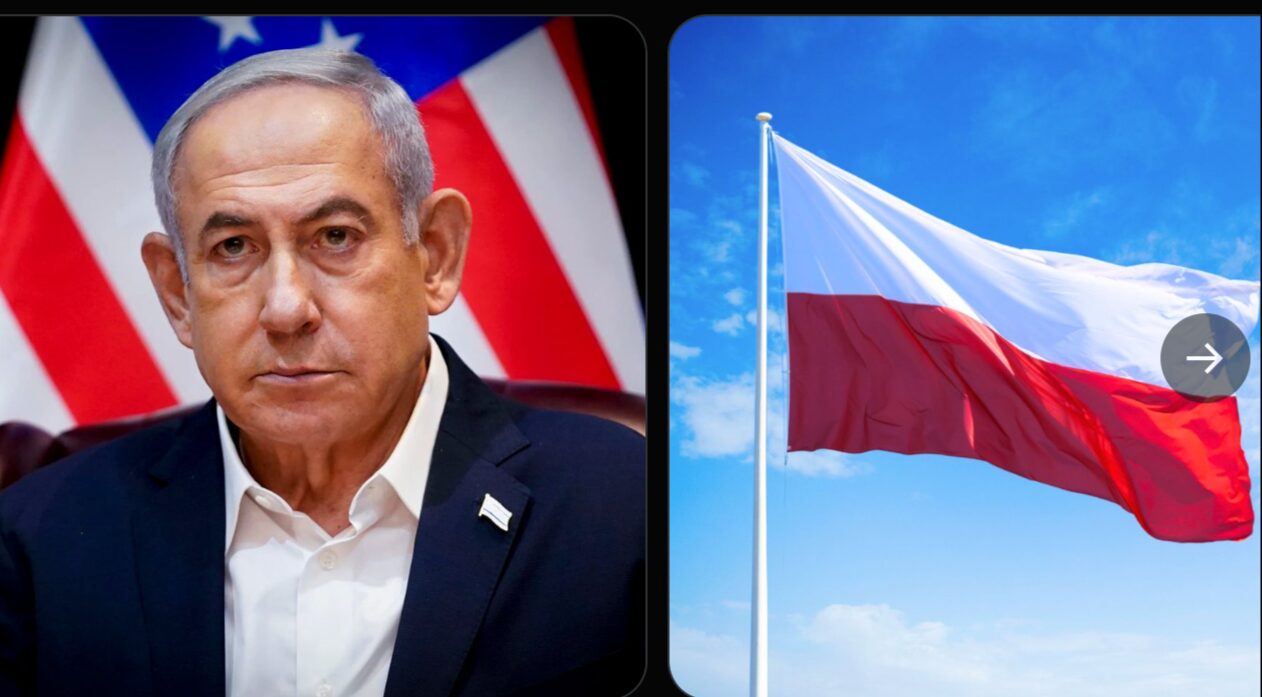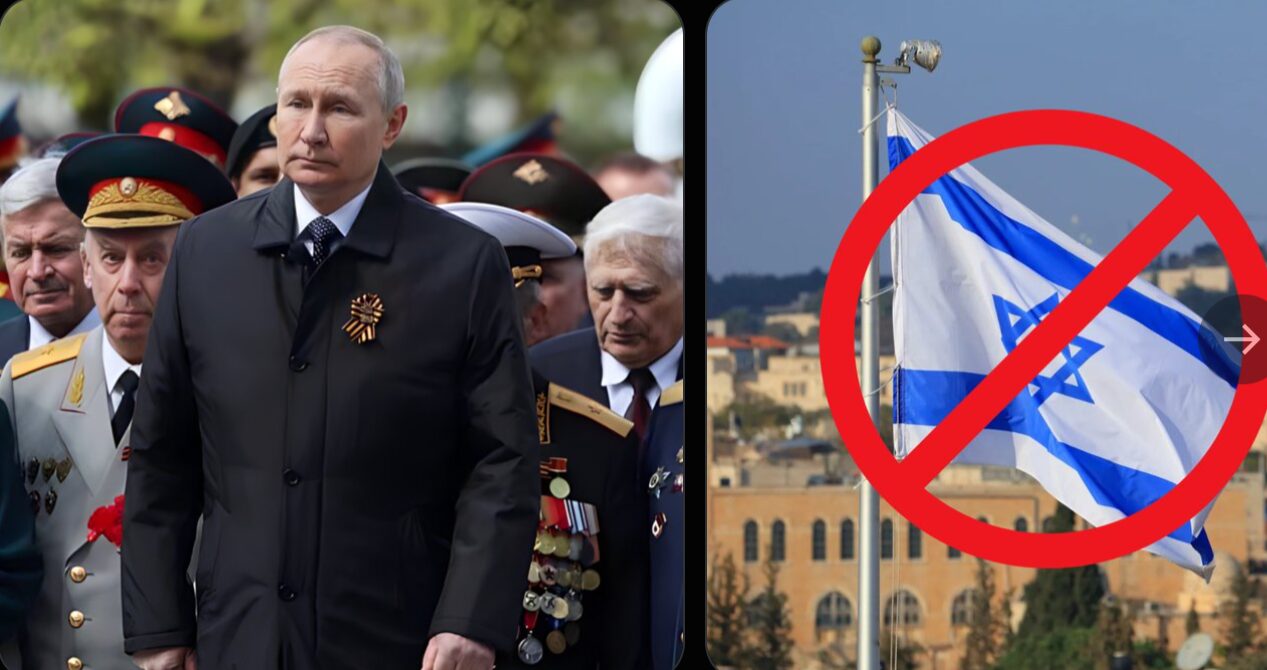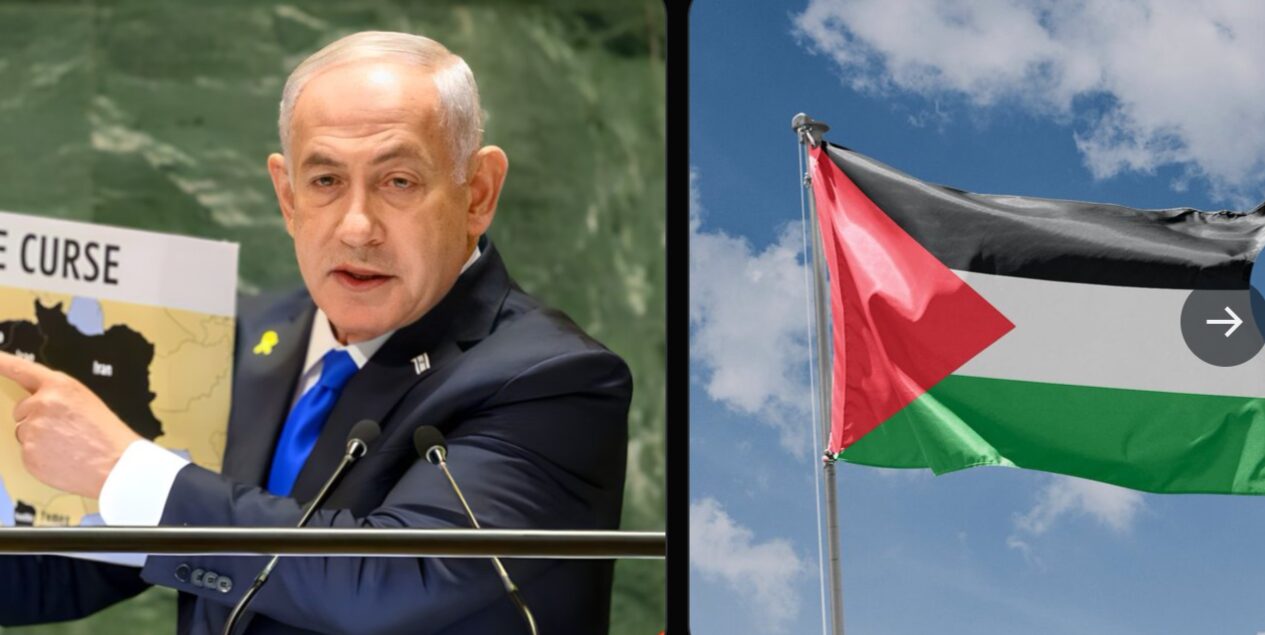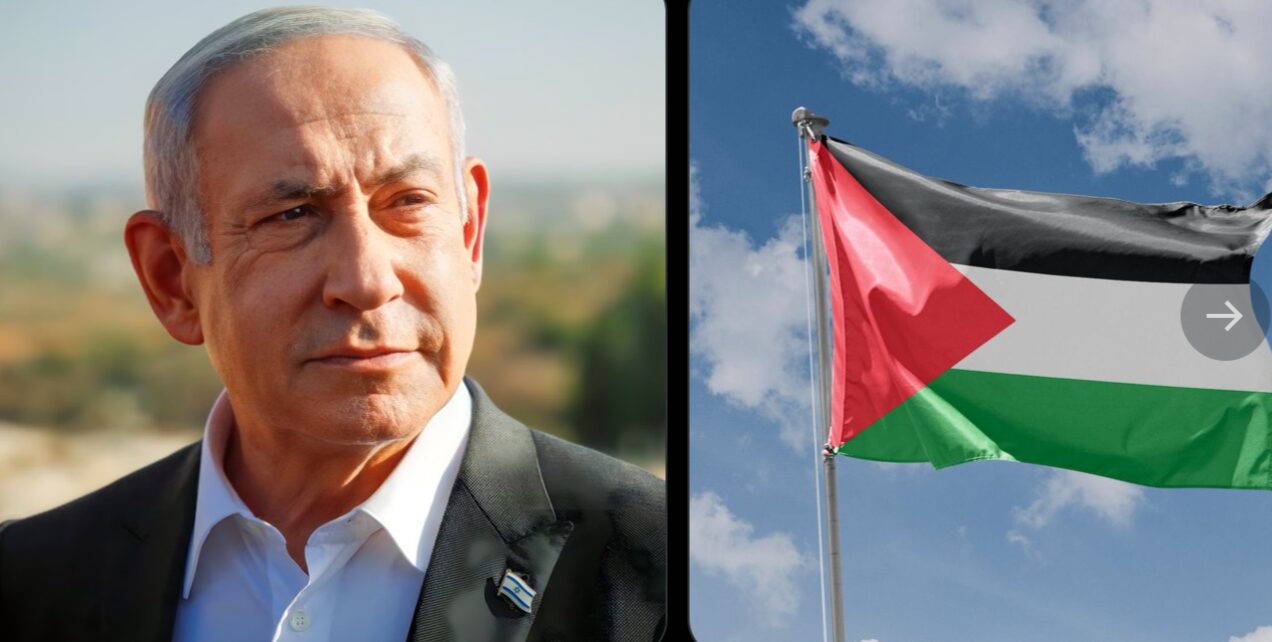POLAND has promised to ARREST NETANYAHU if he attends Holocaust Memorial services in the country
Poland Promises to Arrest Netanyahu if He Attends Holocaust Memorial Services in the Country
In a dramatic turn of events, Poland has announced that it will arrest Israeli Prime Minister Benjamin Netanyahu if he attends Holocaust Memorial services in the country. The controversial statement has sent shockwaves across the international community, sparking a wave of diplomatic tension between Poland and Israel. The announcement is rooted in a longstanding dispute over historical interpretations, particularly regarding Poland’s role during the Holocaust and its post-World War II policies.
This latest development has not only drawn attention to the strained relationship between the two nations but has also raised broader questions about the politicization of historical events, the complexities of Holocaust memory, and the role of international diplomacy in addressing such sensitive issues.
The Tension Between Poland and Israel
The conflict between Poland and Israel over the Holocaust is not new. The two countries have had a long-standing disagreement over how Poland’s role in World War II and the Holocaust should be portrayed. Poland has been particularly sensitive about accusations of complicity in Nazi atrocities, with many in the country feeling that they have been unfairly blamed for the crimes committed by Nazi Germany during its occupation of Poland. On the other hand, Israel has been adamant about holding all parties accountable for their actions during the Holocaust, emphasizing the importance of truth and transparency in the historical record.
The issue has been particularly contentious in recent years, as both nations have made conflicting claims about the events of the Holocaust. In 2018, Poland passed a controversial law that made it illegal to accuse the Polish nation or state of complicity in the Holocaust. This move was met with backlash from Israel and Jewish organizations around the world, who saw it as an attempt to downplay the role of some Poles in assisting Nazi occupiers or standing by while atrocities were committed. Poland, however, argued that the law was meant to protect the country’s reputation and prevent the misrepresentation of historical facts.
These disagreements over Holocaust history have resulted in several diplomatic rows, and Netanyahu’s government has been particularly vocal in its criticisms of Poland’s stance. In recent years, there have been efforts to reconcile the differences, but the underlying tensions remain unresolved.
The Arrest Threat and Its Origins
The promise to arrest Netanyahu if he attends Holocaust Memorial services is the latest development in this ongoing dispute. The incident stems from a series of diplomatic exchanges that have escalated over the past few months. According to Polish authorities, the threat is directly related to Netanyahu’s comments about the role of Poles in the Holocaust. Polish officials have accused Netanyahu of making statements that they believe are defamatory to the country’s reputation, particularly in relation to the involvement of some Polish individuals in war crimes during the Nazi occupation.
Poland has repeatedly expressed frustration with what it perceives as the distortion of historical facts and its portrayal as complicit in the Holocaust. Netanyahu’s government has been outspoken in condemning these perceived misrepresentations, arguing that Poland needs to take responsibility for the actions of certain individuals who collaborated with the Nazis during the war. The Polish government, in return, has accused Netanyahu of using the issue to advance a political agenda and of undermining Poland’s image on the global stage.
The conflict reached a boiling point when Netanyahu made public statements in early 2024 about Poland’s role in the Holocaust. In response, Poland’s government issued an official warning that if Netanyahu were to attend Holocaust Memorial services in Poland, he would be arrested on charges of defamation and violating Polish law. This unprecedented move has raised concerns about the potential for further escalation between the two nations.
Historical Context: Poland’s Role in the Holocaust
Poland’s relationship with the Holocaust is complex and deeply emotional. The country was the site of some of the most infamous Nazi atrocities during World War II, including the establishment of concentration camps such as Auschwitz, where millions of Jews, including a significant number of Polish Jews, were systematically murdered. While the Polish government-in-exile and many Polish citizens opposed Nazi rule, the occupation also led to widespread suffering for the Polish population, with millions of Poles killed or displaced.
At the same time, the issue of collaboration with the Nazis has been a point of contention. While many Poles risked their lives to save Jews, there were also cases of individuals and groups who aided the Nazis, either for ideological reasons or out of self-interest. These complex dynamics have made it difficult to form a unified narrative about Poland’s role during the war, and this has led to deep divides in how the Holocaust is remembered both within Poland and internationally.
Poland’s efforts to protect its historical narrative have been perceived by some as an attempt to avoid acknowledging instances of complicity, while others argue that the focus on collaboration overlooks the immense suffering of the Polish population as a whole. These competing views have fueled ongoing disputes with Israel, where the memory of the Holocaust is a foundational aspect of national identity.
The Diplomatic Fallout
The threat to arrest Netanyahu has led to an outpouring of criticism from Israel and the Jewish community worldwide. Israeli officials have condemned Poland’s actions as a blatant attempt to intimidate and silence criticism. Many see the move as part of a broader trend of rising nationalism in Eastern Europe, where governments have sought to control the narrative surrounding World War II and the Holocaust.
In response, Israeli diplomats have expressed concerns about the long-term impact of this dispute on Israeli-Polish relations. The potential arrest of Netanyahu could set a dangerous precedent, further complicating an already delicate relationship between the two nations. Israel’s Prime Minister has vowed not to back down, emphasizing that the truth about the Holocaust must be acknowledged, regardless of political sensitivities.
The international response has also been mixed. Some Jewish organizations have voiced their support for Israel, warning that the Polish government’s stance could embolden other nations to downplay their complicity in historical atrocities. Others have called for dialogue and reconciliation, urging both sides to find common ground in their understanding of the past. However, there is also concern that the dispute could further strain relations between Israel and European countries, particularly as Holocaust remembrance continues to play a central role in international diplomacy.
What’s at Stake for Holocaust Memory?
At the heart of the dispute is the question of how history is remembered and who gets to control the narrative. The Holocaust is an event of profound significance, not only to Jews but to humanity as a whole. The process of memory and commemoration is essential for preventing future atrocities and for ensuring that the lessons of the past are passed on to future generations. In this context, the political dimensions of Holocaust remembrance are deeply fraught.
Poland’s insistence on controlling how it is portrayed in relation to the Holocaust reflects a broader trend in which historical memory is used for political gain. Similarly, Israel’s staunch defense of its interpretation of history stems from its responsibility to protect the memory of the Holocaust and to ensure that the atrocities committed are never forgotten.
The disagreement between Poland and Israel is a reminder of the complexities involved in the global effort to preserve Holocaust memory and the risks that arise when political agendas intersect with the painful legacy of history.
Conclusion: A Diplomatic Crisis in the Making
Poland’s promise to arrest Netanyahu if he attends Holocaust Memorial services is a stark reminder of the challenges facing international diplomacy in the modern era. The dispute over the portrayal of Poland’s role in the Holocaust has deepened divisions between Israel and Poland, with both sides seemingly entrenched in their positions.
The potential for further diplomatic fallout is high, and the situation remains fluid as both nations navigate a path forward. Whether this conflict can be resolved through dialogue and understanding or whether it will result in a broader rupture in relations is yet to be seen. What is certain is that the issues at the heart of this dispute—historical memory, national identity, and international diplomacy—will continue to shape the global conversation about the Holocaust for years to come.

















Post Comment